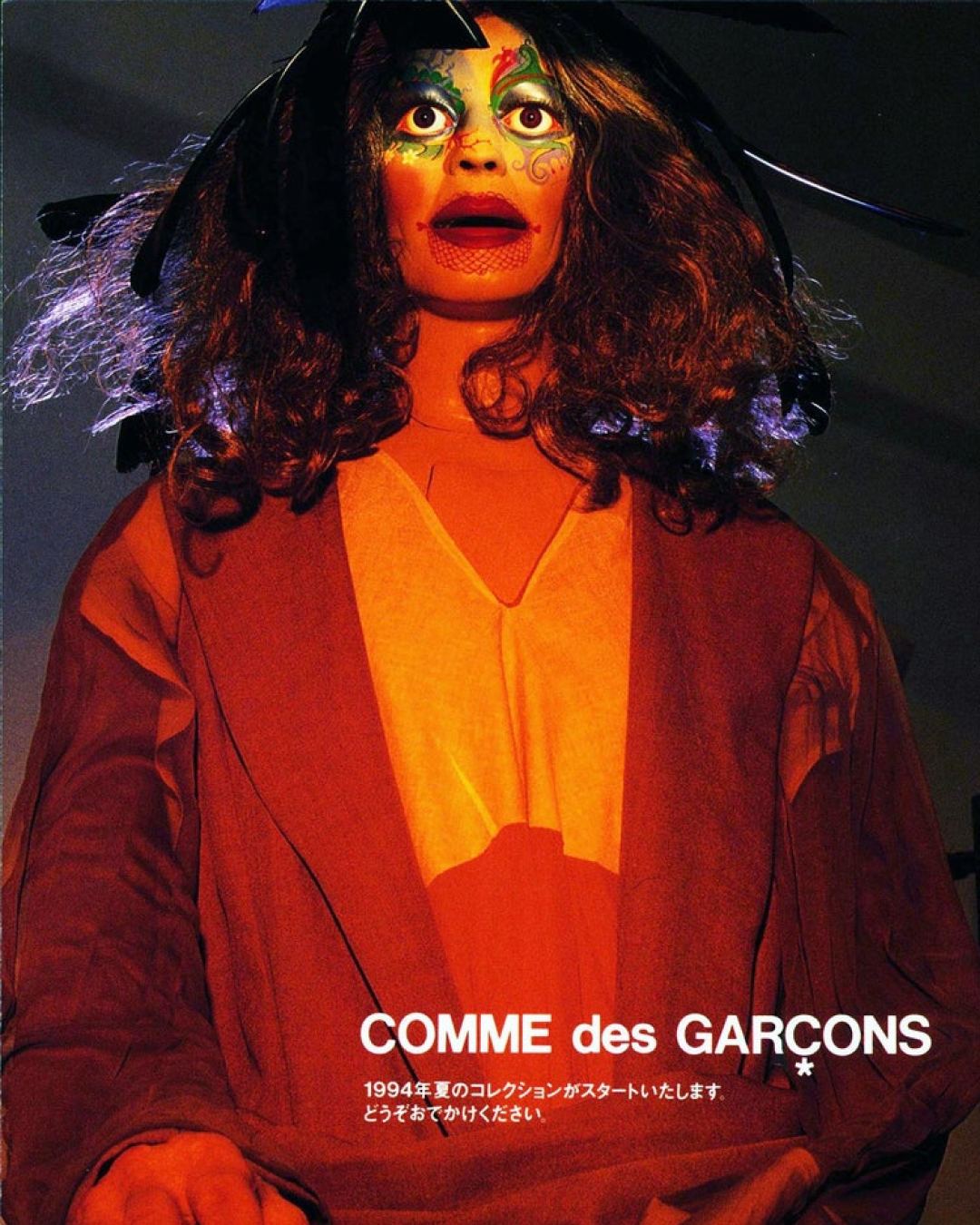
Why are song lyrics today so banal? Basically, because they are easier to memorize
It's no secret that the lyrics of the songs we listen to every day are very different from those of fifty years ago. And by "different," we mean more elementary, simpler – perhaps more stupid? Syntax is becoming more nuclearized, moving from articulated sentences to short phrases; repetitions increase, emotionally charged words (if you're interested, the emotion in question is anger) but nuances, complexities, and, in a word, humanity are lost. A recent study, published in Scientific Reports, sheds new light on this phenomenon, drawing on a broad analysis of over 350,000 top 40 hits spanning five decades. The results reveal a disturbing trajectory marked by increasing simplicity and repetitiveness in textual compositions: a trend that has profound implications for our understanding of musical discourse and artistic innovation. The study, conducted by a team of researchers, delved into the textual landscapes of rap, country, pop, R&B, and rock, examining trends from 1970 to 2020. Leveraging machine learning algorithms, researchers meticulously analyzed each song across a range of attributes, including lexical complexity, song structure, and repetitive rhyme schemes.
"...not only does the lexical complexity of lyrics decrease ... also observe that the structural complexity... has decreased. In addition... the emotion described by lyrics has become more negative and... more personal..."#music #science https://t.co/WOJY9gUI9i
— Gunnar De Winter (@evolveon) April 1, 2024
This shift towards simplicity reflects broader changes in social preferences, with listeners gravitating towards digestible content in an era of abundant musical choices. The study also attempted to go beyond mere quantitative analysis, delving into the emotional and cultural dimensions of textual evolution. Drawing on previous research, the study underscores a significant decrease in positive, joyful lyrics over time, accompanied by an increase in expressions of anger, disgust, or sadness. This change in emotional tone reflects broader social trends, reflecting shifts in attitudes and values across generations – in short, as mental health and attention levels among new generations plummet (after all, we live in an increasingly alienating and dystopian society), music has followed this mood in a vicious cycle where the consequence ends up becoming a cause. Thought patterns inform musical composition patterns which, in turn, reinforce pre-existing thought patterns. For example, the study highlighted the growing self-obsession evident in contemporary lyrics, with words like "me" and "mine" becoming increasingly prevalent in a kind of wave of self-reference. This narcissistic trend underscores deeper changes in cultural narratives and individualistic trends – perhaps going against the ideal of music as a community aggregator. But, after all, with the decline of instrumental complexity, the increase in samples and remixes, and the progressive degradation of live performances (you’d think of Kanye and his embarrassing karaoke defined as “listening experience”), music has become an individual experience. As it was said in The Lobster by Yorgos Lanthimos: "We dance by ourselves. That's why we only play electronic music".
One of the most intriguing findings of the study is the divergence in listener preferences between different genres. While rock fans tend to appreciate older songs more, country music enthusiasts show a greater interest in new tracks - a divergence that speaks to the different listening habits of the audience, which also carries political connotations since rock is generally anti-establishment while country represents a lively and politically oriented community that consumes and demands new content relevant to the present. Moreover, the study reveals significant differences in lyrics view counts between genres, suggesting that listeners of certain genres (like rock or rap) attribute greater importance to textual content than others. Despite the richness of its findings, the study is not without limitations: a potential limitation of the study is its reliance on machine learning algorithms which can introduce biases and limitations in data interpretation. The focus on English lyrics in Western popular music, then, narrows the scope of its conclusions, overlooking the global diversity of musical expression – although judging by the impression that many Italians had listening to the lyrics of Sanremo songs, the trend is also taking place in Italy.














































